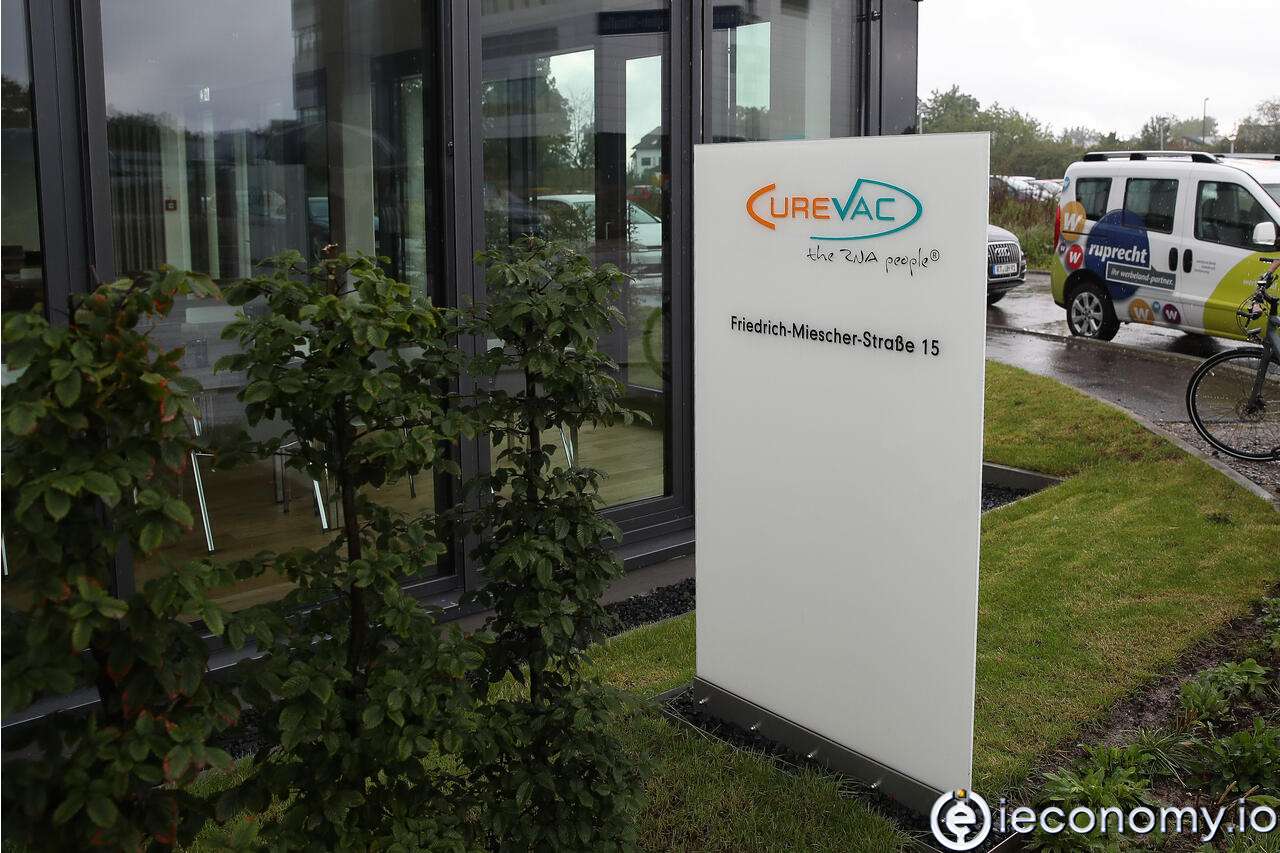4894
0
Curevac is making a new attempt to introduce a corona vaccine
Curevac is making a new attempt to introduce a corona vaccine. It is now concentrating on the development of a vaccine candidate.

Yazar: Tom Roberts
Yayınlanma: 16 Ekim 2021 06:02
Güncellenme: 30 Ocak 2026 16:00
Curevac is making a new attempt to introduce a corona vaccine
The German pharmaceutical company Curevac is making a new attempt to introduce a corona vaccine. Together with the British pharmaceutical company GSK, Curevac is now concentrating on the development of a second-generation vaccine candidate, as the company announced in Tübingen. The application for approval to the European Medicines Agency (EMA) for its first-generation corona vaccine, which did not achieve the desired effectiveness in tests, is being withdrawn. According to the EMA, it can be assumed that the first vaccine developed, CVnCoV, can be expected to receive approval in the second quarter of 2022 at the earliest. At this point, however, Curevac and GSK expect the candidates in the second generation vaccine program to have reached an advanced stage of clinical development. In addition, there is a greater need for differentiated vaccines for the looming endemic corona situation. According to the company, the decision also ends the existing preliminary contract with the European Commission, in which CVnCoV was intended for acute pandemic needs. The two pharmaceutical manufacturers now want to accelerate the development and production of the second generation, which is also based on mRNA technology. They expect to be able to enter clinical development in the next few months. The aim is to achieve regulatory approval for an improved Covid-19 vaccine to be ready for the market in the coming year, explained Curevac and GSK. Compared to the first-generation mRNA vaccine candidate, the second-generation candidate showed an immune response that was up to ten times higher in animal models. Curevac's efforts to bring its corona vaccine to market had suffered a major setback in the summer. At the end of June, the Tübingen-based company announced that its corona vaccine was only 48 percent effective. Like the Mainz company Biontech, Curevac relies on a modern mRNA vaccine. The Tübingen drug has long been considered extremely promising. The Curevac preparation does not play a role in the current vaccination campaign in Germany.İLGİLİ HABERLER





European stocks soared and focus shifted to German retail sales after Powell's speech!

Forex Signal For TRY/USD: Inflation Slowdown in November.

Forex Signal For GBP/USD: Bullish Trend Still Not Breaking While Recovery Continues.

Forex Signal For EUR/USD: Starry US Data Points to Higher Fed Increases.

Forex Signal For BTC/USD: Downside Continues as Bitcoin Recovery Moves Less.
En Popüler Haberler
Yorum Yap
Yorumlar
Henüz yorum yapan yok! İlk yorumu siz yapın...